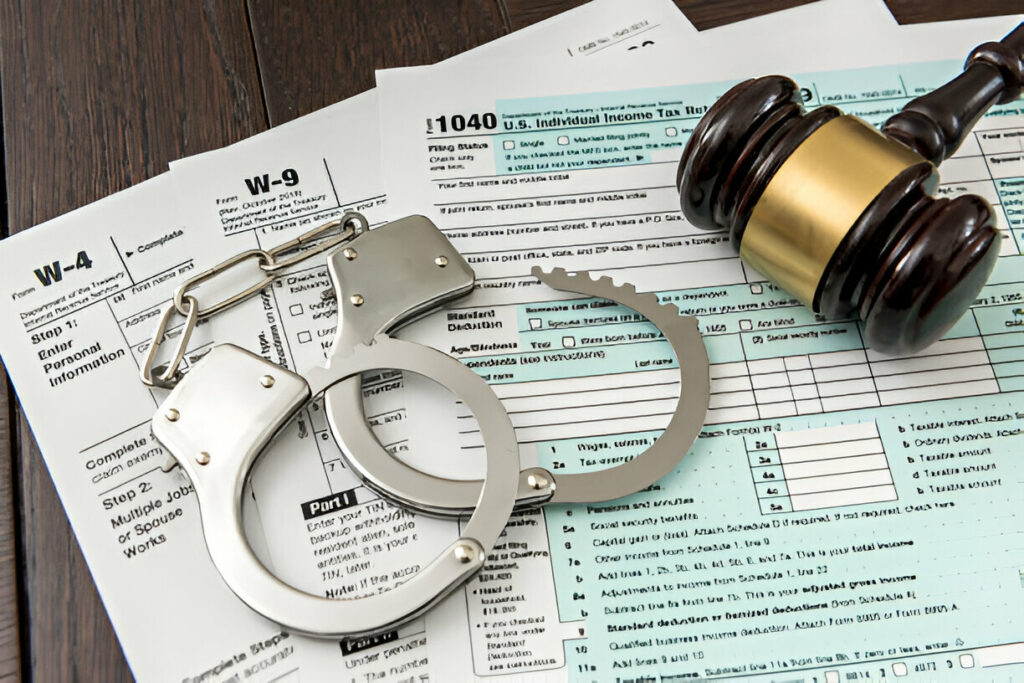Bail bond services play a crucial role in the criminal justice system by providing defendants withthe opportunity to be released from custody while awaiting trial. The economic environment significantly influences the operation and demand for bail bond services. This article explores the impact of various economic factors on the bail bond industry and how these influences shape the landscape for bail bondsmen and their clients.
Economic Recession and Bail Bond Services
During economic recessions, when unemployment rates are high and disposable incomes are low, many individuals and families face financial strain. This economic hardship often affects their ability to afford bail without assistance. Consequently, the demand for bail bond services tends to increase as more people turn to bondsmen to secure their release from jail. However, the financial instability of clients also increases the risk for bail bondsmen, as clients may struggle to pay the bond fees or even fail to appear in court.
Bail bond agencies might respond to these increased risks by tightening their requirements for providing bonds or increasing their fees to mitigate potential losses. They may also enhance their monitoring of clients to ensure compliance with court dates, which adds operational costs.
Inflation and Bail Bond Costs
Inflation, characterized by rising prices for goods and services, directly impacts the cost structure of bail bond services. As the cost of living increases, so does the operational cost for bail bond agencies. This includes higher expenses for office rent, utilities, employee salaries, and other overheads. To maintain profitability, bail bond agencies might increase their fees, making it more expensive to clients to secure a bond.
Inflation and Bail Bond Costs
Inflation, characterized by rising prices for goods and services, directly impacts the cost structure of bail bond services. As the cost of living increases, so does the operational cost for bail bond agencies. This includes higher expenses for office rent, utilities, employee salaries, and other overheads. To maintain profitability, bail bond agencies might increase their fees, making it more expensive for clients to secure a bond.
For clients, higher bail bond costs can be a significant burden, particularly during periods of economic inflation. This financial pressure can lead to a lower ability to pay for bonds, potentially resulting in longer jail times for those unable to secure the necessary funds for release.
Unemployment Rates and Bail Bond Demand
High unemployment rates typically correlate with increased crime rates, as economic desperation can lead some individuals to engage in criminal activities. This rise in crime often leads to a higher number of arrests and, consequently, a greater demand for bail bond services.
However, unemployed clients often lack the financial resources to pay for bail bonds, leading to a higher risk of non-payment and forfeitures. Bail bond agencies may have to implement stricter credit checks and require more substantial collateral to offset the risk posed by economically unstable clients.
Economic Inequality and Access to Bail
Economic inequality significantly affects access to bail and the utilization of bail bond services. Individuals from lower-income backgrounds are less likely to afford bail and more likely to rely on bail bond services. This reliance can trap them in a cycle of debt, especially if they default on payments or fail to appear in court, leading to additional fines and legal consequences.
Bail bond services often become a lifeline for economically disadvantaged individuals, but they also highlight broader systemic issues within the criminal justice system, such as the disproportionate impact of bail on low-income populations.
Conclusion
The bail bond industry is intricately linked to the broader economic environment. Recessions, inflation, unemployment, and economic inequality all play pivotal roles in shaping the demand for and the operation of bail bond services. For bail bondsmen, understanding these economic factors is crucial for navigating the challenges and risks associated with their business. For policymakers and advocates, these insights underscore the importance of considering economic impacts when discussing bail reform and the pursuit of a more equitable criminal justice system. By addressing these economic factors, it is possible to create a more just and balanced approach to pretrial release and bail bond services.



